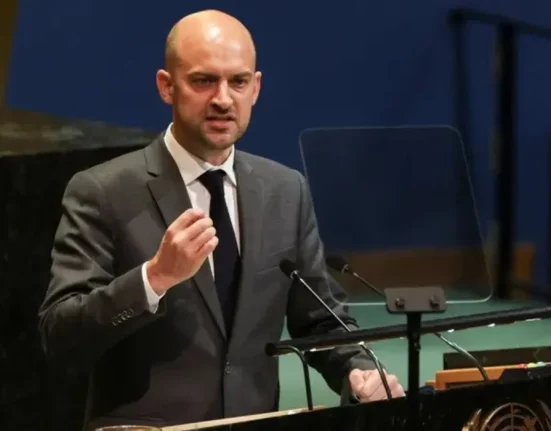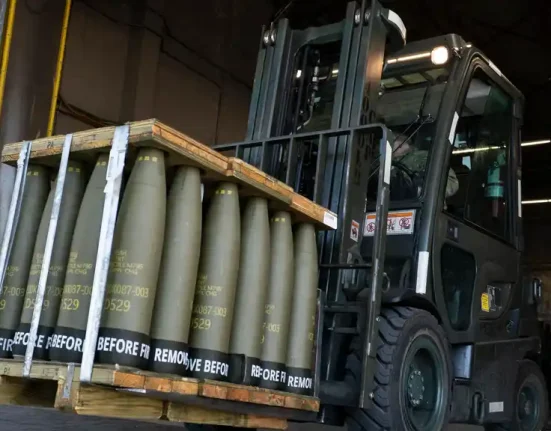WASHINGTON D.C. – A growing demographic challenge is taking centre stage in countries across the globe as birth rates continue to fall to record lows, raising alarm over future economic stability, population sustainability, and workforce productivity. In the United States, the conversation has now reached the heart of national policy discussions, with President Donald Trump reigniting public debate over what many experts are calling America’s “baby bust.”
The issue of declining birth rates, once seen as a slow-burning demographic trend, has now become a matter of urgent policy interest. According to recent data from the U.S. Centers for Disease Control and Prevention (CDC), America’s birth rate has dropped to its lowest level in more than four decades, with fewer babies being born annually than required to replace the population.
President Trump, in public remarks and policy discussions, has called attention to what he describes as a looming crisis. His administration is reportedly exploring policy measures to encourage family growth, including tax incentives for parents, expanded childcare support, and possible reforms in parental leave policies. These proposals, though still under debate, have stirred widespread reactions from lawmakers, economists, and the general public.
Globally, nations like Japan, South Korea, and several European countries have been grappling with similar demographic slowdowns for years, with ageing populations and shrinking workforces putting strain on national budgets, social welfare systems, and economic growth projections. The U.S., while somewhat buffered in previous decades due to immigration, now faces a tipping point of its own.
Analysts say a mix of economic uncertainty, rising housing costs, delayed marriage, and shifting cultural attitudes about parenthood are contributing to the decline in births. With younger generations choosing to have fewer children, or none at all, some fear the long-term consequences could include slower economic expansion and increased dependency ratios.
As the White House deliberates potential interventions, experts are calling for a more comprehensive national strategy that goes beyond short-term political rhetoric. The unfolding debate signals a broader reckoning with how modern societies adapt to changing population dynamics, and whether the American Dream can still accommodate the realities of raising a family in the 21st century.







